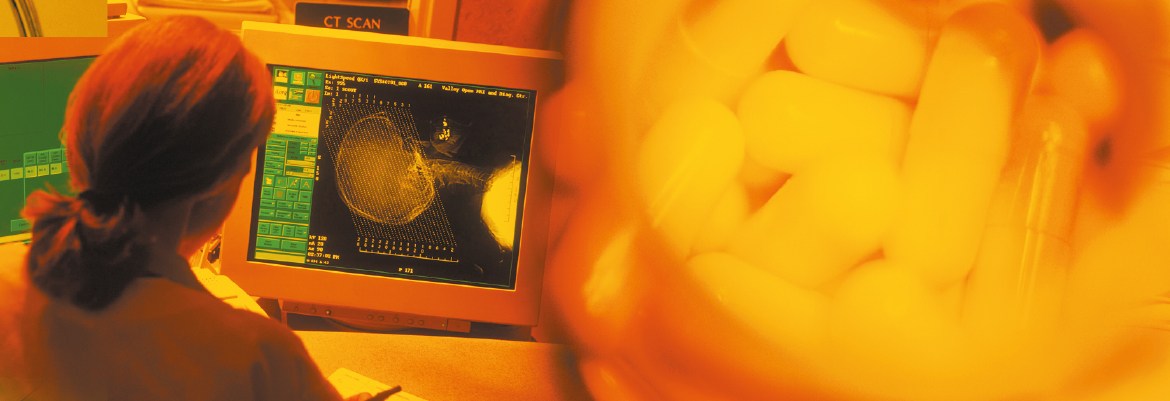In December, the High Court ruled against The Tavistock and Portman NHS Foundation Trust, finding that puberty blockers and cross-sex hormones are 'innovative and experimental' treatments, to which it is unlikely that young people would be able to give informed consent. [1] An appeal will be heard later this year.
Then in January, the Care Quality Commission (CQC) released its inspection report in which it rated the GIDS (Gender Identity Development Service) [2] 'Inadequate' (CQC's lowest rating). The service's safety, effectiveness and responsiveness to people's needs were all criticised in the report, as was its leadership. Criticisms include: 'Staff did not develop holistic care plans for young people'; before January 2020, 'Staff had not consistently recorded the competency, capacity and consent of patients'; and 'Some [staff] said they felt unable to raise concerns without fear of retribution.' [3]The GIDS Executive leadership team has been disbanded already, [4] and the Tavistock is bringing in 'senior clinical and operational expertise from outside the service' [5] to help them make the necessary changes.On 2 February, the results of the GIDS's research into the effects of puberty blockers on teenagers were finally published. [6] The study revealed that puberty blockers 'stunted the height and impaired the bone mass density' of participants, and 'brought no improvement in psychological function, quality of life or gender dysphoria.' [7] All but one of the 44 participants' elected to start cross-sex hormones' at the end of the study. [8 ]
The Cass Review [9] into the use of puberty blockers and cross-sex hormones in children and young people is ongoing, but it seems likely that it will be similarly critical. Hopefully, better support and outcomes for children struggling with their gender are on the way.
































